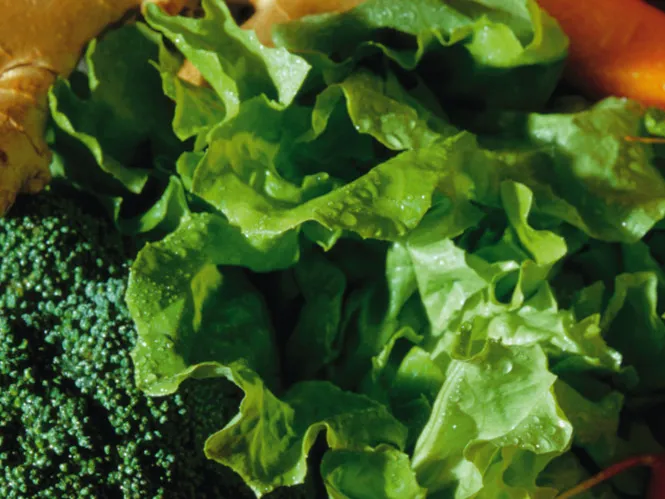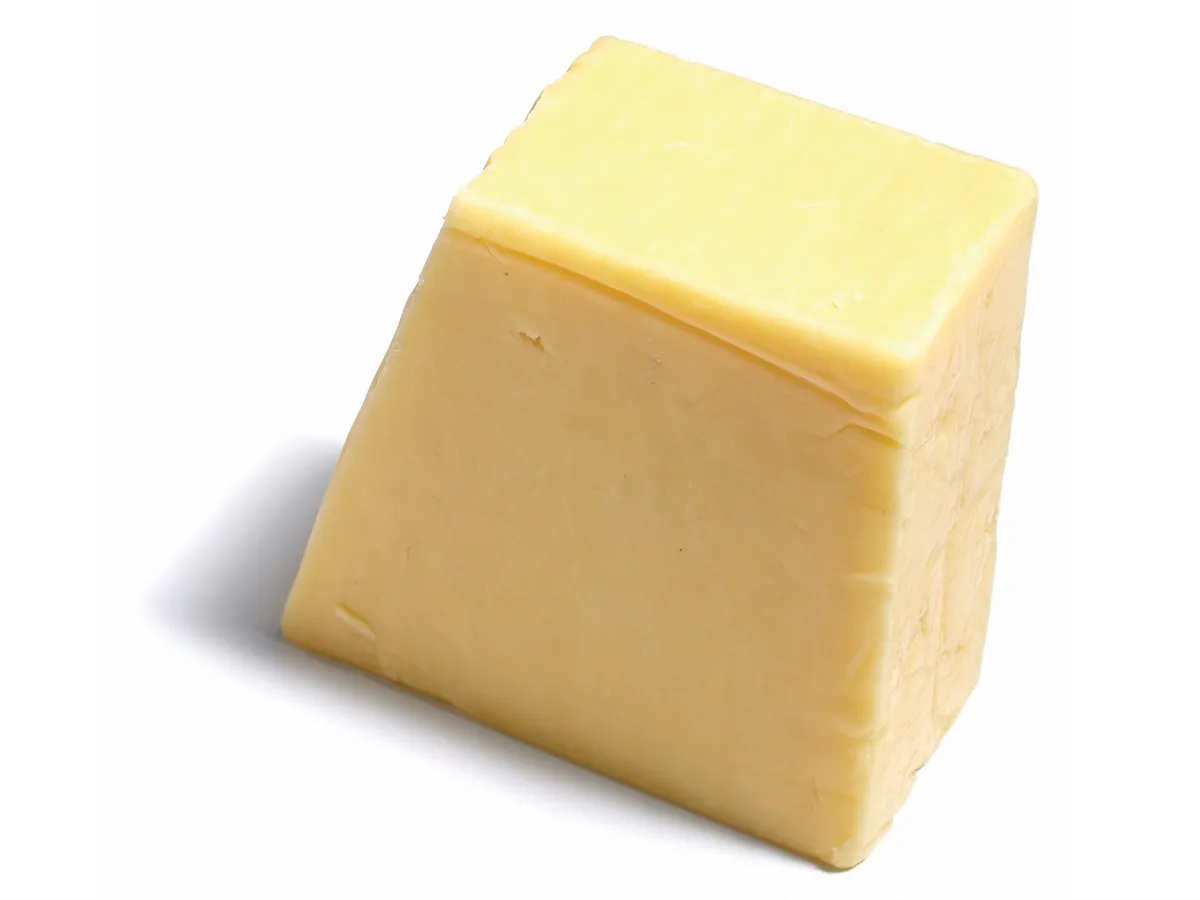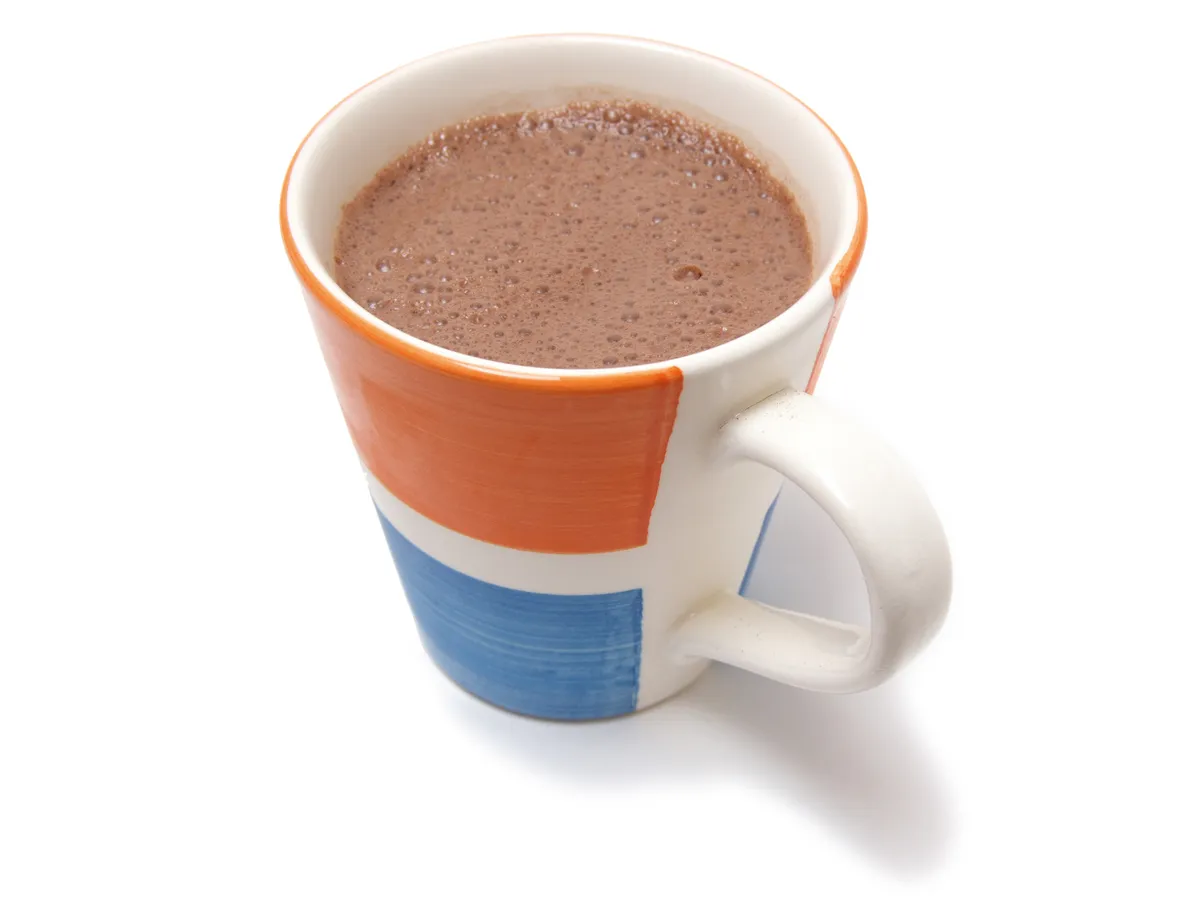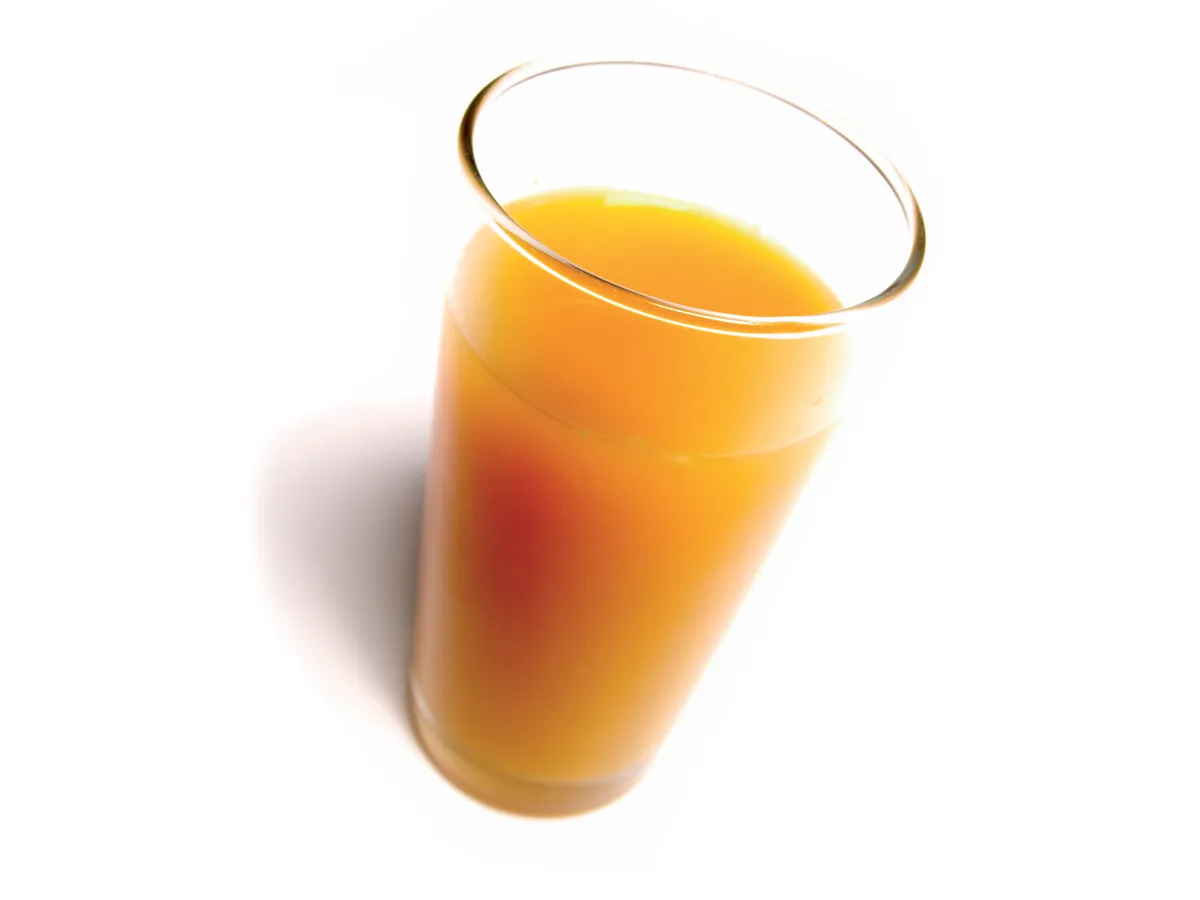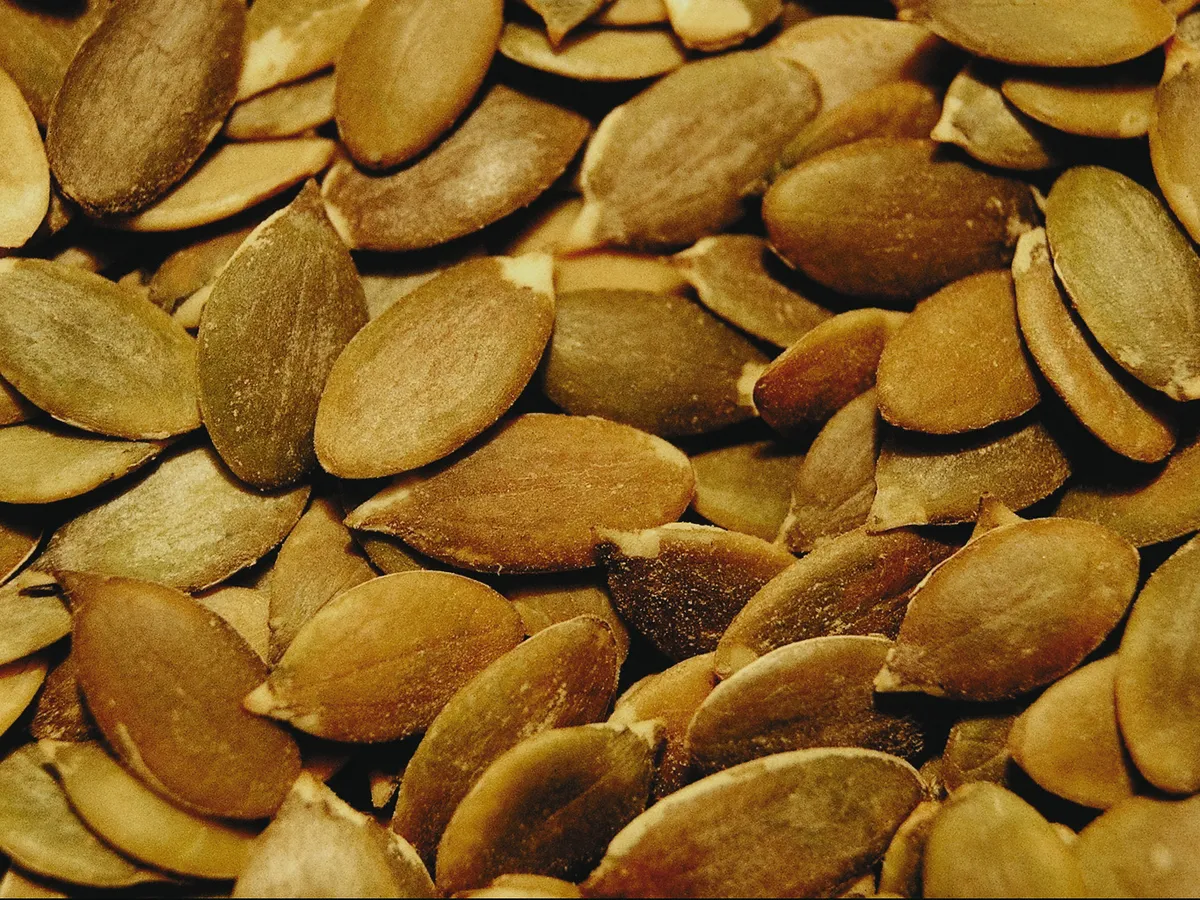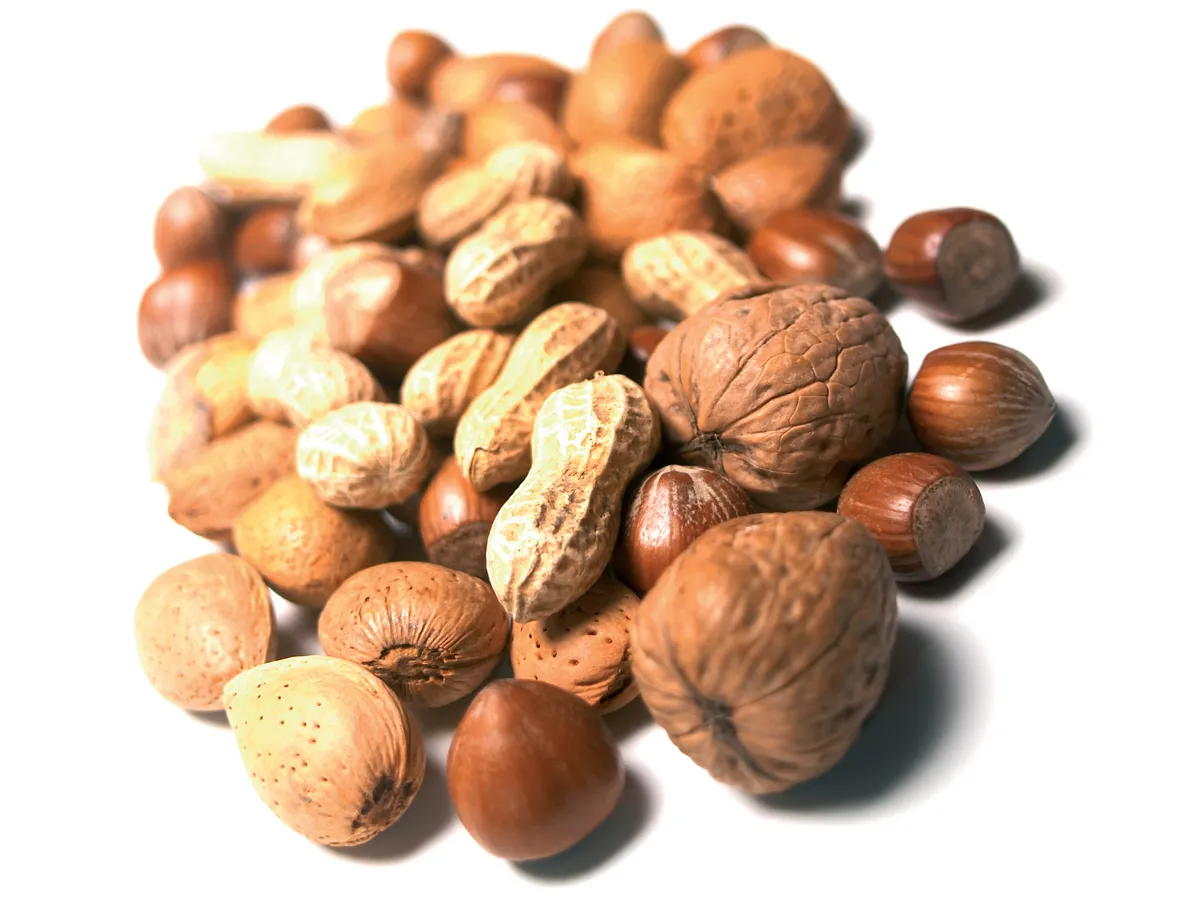Leading a hectic lifestyle and wanting to include a busy fitness programme isn’t unusual these days. And with such busy lives it’s tempting to eat on the run and rely on ready meals and processed snack foods.
You may be eating enough energy and carbohydrate but there is a danger of missing out on vital micronutrients, the vitamins and minerals.
There are some nutrients which are particularly important for cyclists or anyone with an active lifestyle. Requirements differ between men and women, but are generally higher the more active you are. Scan the table below to see which key nutrients you may need to eat more of.
The reference nutrient intake (RNI) figures for each nutrient were set by the UK Government in 1991 for the average adult man or woman who is in good health and taking moderate exercise.
There is another set of recommended daily amounts tables used across a number of EU countries (EC RDA) for the purposes of food labelling. In my opinion, these figures are too low for most people who cycle regularly – commuting through a polluted city and/or regular time trials will increase your requirements and I have indicated where active men and women could benefit from a higher level of particular nutrients.
B vitamins
A group of seven water soluble vitamins which each have their own functions. They also work together to assist muscle glycogen manufacture and protein metabolism for muscle recovery and repair.
RNI: For men: 1.3mg; for women: 1.1mg. If you are very active it’s worth taking a multi B vitamin supplement rather than individual high doses of single B vitamins, because they work synergistically.
Food sources: Yeast extract (Marmite), Corn Flakes, Weetabix, lentil soup, lamb’s liver, sunflower seeds, spinach, sardines canned in oil, eggs, lean beef and wholemeal bread.
ArrayCalcium
Plays a crucial role in energy metabolism and is involved with muscle contraction and nerve functions as well as the formation of bones and teeth.
RNI: For men: 800mg; for women: 700mg. Both sexes could benefit from 1000mg per day.
Food sources: Include Parmesan, Edam or Cheddar cheese, sardines, tofu, almonds, figs, muesli, kale, natural yogurt, milk and calcium-enriched Soya milk.
ArrayVitamin C
Antioxidant – reduces cellular damage from free radical molecules produced during exercise. Involved with the repair of soft tissue.
RNI: For men and women: 40mg. Aim for around 1000mg per day. Women can benefit from higher levels because vitamin C is known to improve iron absorption.
Food sources: Blackcurrants, sweet peppers, strawberries, kiwi fruits, oranges, grapefruit, broccoli, tomatoes and fresh salad leaves.
ArrayIron
As part of the haemoglobin molecule within red blood cells, iron improves oxygen transport and assists cardiovascular exercise.
RNI: For men: 8mg; for women: 14mg.
Food sources: Include black pudding, red meat, lentils, kale, dark chocolate, cocoa, egg yolks, spring greens, dried apricots and lamb’s liver.
ArrayVitamin E
Antioxidant (see vitamin C). Also boosts immune system to protect against disease and cancers.
RNI: For men and women: 5mg. Both can benefit from a higher intake of 20mg per day.
Food sources: Cold pressed unfiltered vegetable oils (such as olive or sunflower), almonds, Brazil nuts, avocados and wheatgerm.
ArrayMagnesium
Boosts energy production and assists muscle contraction. It also plays an important role in balancing blood sugar levels.
RNI: For men: 300mg; for women: 270mg. Active men and women could benefit from intake of up to 800mg per day.
Food sources: Include muesli, nuts, sunflower seeds, pumpkin seeds, green vegetables (organic vegetables tend to have a higher mineral content compared with their non-organic counterparts), cashew nuts, almonds, raisins and wheatgerm.
Array